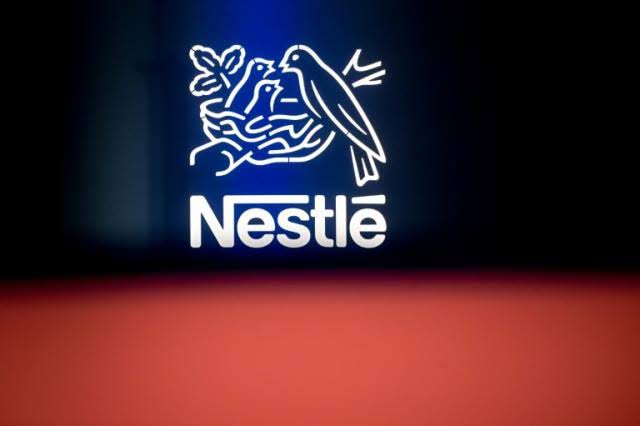Nestle faces setback as frozen food demand slumps in North America

Swiss food giant Nestle reported lower-than-expected sales for the first quarter, driven by declining demand for frozen pizza and snacks in North America. The news led to a 2.8% drop in the company’s shares on the Swiss stock exchange, indicating growing concerns among investors.
Nestle, the world’s largest food and beverage company, announced a 5.9% decrease in total sales, amounting to 22.1 billion francs (US$24.2 billion), in the first quarter. This figure fell short of analysts’ expectations, who anticipated sales of 22.3 billion francs. The company attributed the decline to “soft consumer demand” in North America, particularly in the frozen food segment, and supply constraints affecting vitamins, minerals, and supplements.
Nestle’s real internal growth (RIG), a measure that combines both sales volume and product value, experienced a steeper-than-expected decline of 2%. This performance lagged behind the projected 0.7% drop expected by analysts. The company’s chief executive, Mark Schneider, acknowledged the slow start but assured stakeholders of a strong rebound in the second quarter. “We had expected a slow start and see a strong rebound in RIG in the second quarter with reliable delivery for the remainder of the year,” Schneider said.
Despite the sluggish results in North America, the company highlighted that growth in Europe and emerging markets “more than offset” the downturn. Nestle’s chief financial officer, Anna Manz, elaborated on the reasons behind the decline, citing weak consumer demand, increased competition in frozen food and snacks, and reduced retailer inventories. To counter these issues, Nestle has “stepped up” commercial activity in North America, aiming to regain lost ground.
Nestle’s first-quarter performance has not only put pressure on its stock price but also contrasted with the results of its competitors. French group Danone recently reported a rise in sales volume, while British consumer goods giant Unilever showed an uptick in first-quarter sales. The contrasting performances add to the pressure on Nestle to recover and regain investor confidence in the upcoming quarters.
In addition to the financial downturn, Nestle has faced criticism over the quality of its products. Concerns about the safety of its Perrier brand emerged after traces of “faecal” contamination were found in mineral water, leading to stricter monitoring at extraction sites. Additionally, allegations about high sugar levels in baby food marketed in developing countries have also raised questions about Nestle’s product quality. To address these issues, Schneider reiterated the company’s commitment to food safety and emphasized efforts to maintain compliance with local standards.












